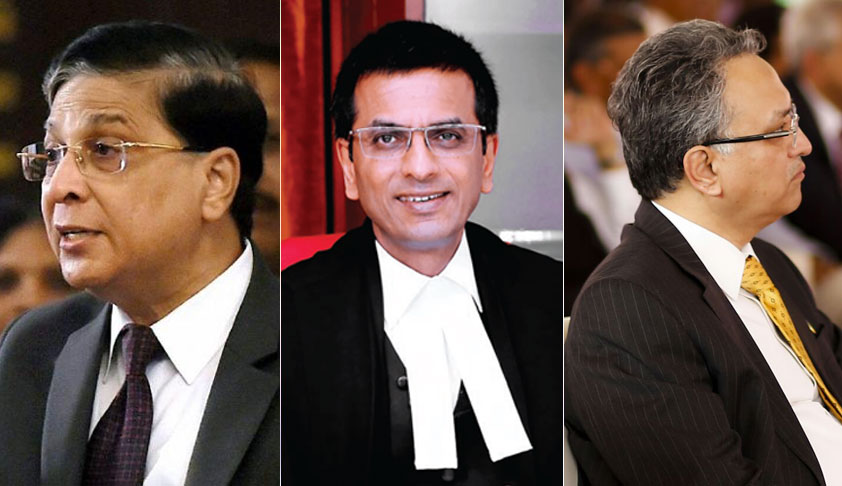When Two Consenting Adults Decide To Marry No One Can Interfere: Strict Warning For Khaps From SC
Mehal Jain
5 Feb 2018 12:22 PM IST

Next Story
5 Feb 2018 12:22 PM IST
Hearing the writ petition by NGO Shakti Vahini regarding the offence of honour killings, the Supreme Court bench of Chief Justice Dipak Misra, Justice D. Y. Chandrachud and Justice A. M. Khanwilkar reaffirmed,“Where two consenting adults agree to enter into matrimony, no individual rights, group rights or collective rights shall interfere therein or harass the couple”.The Advocate,...
